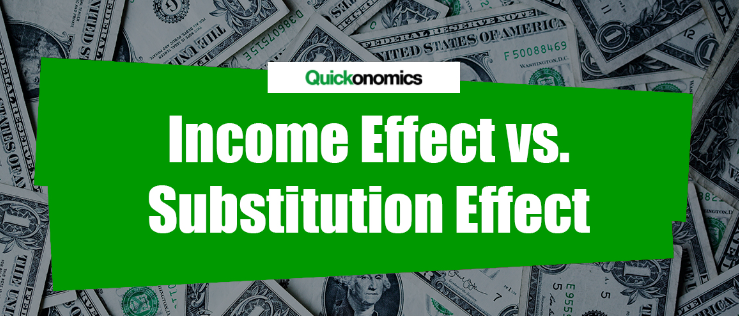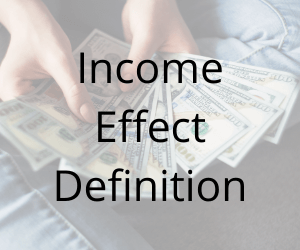
Taxes in various forms usually have two economic effects, including the Income Effect and the Substitution Effect. And the income impact of taxes refers to the change in people's income caused by tariffs, that is, the reduction of their real disposable income due to paying taxes. Changes in government tax policies can also change people's current income levels, typically by increasing taxes and increasing people's incomes. Substitution effects are adjustments in people's economic behavior caused by tariffs. People change their choice between alternative financial behaviors to reduce their tax burden.
For example, a government tax on a commodity may change people's choice between alternative things, a tax on a business may change people's choice between alternative investments, and so on. Adjustments in people's economic behavior inevitably result in changes in the economic tax base, leading to changes in personal income, corporate income, and government revenues. Thus, government tax policies and their adjustments always affect the economy and society.
The only exception, of course, is the taxation of non-economic tax bases, which only causes income effects, not substitution effects. It would help if you learned that such taxes are unrelated to individual economic behavior. You need to know that they only reduce taxpayers' disposable income. They do not cause changes in taxpayers' financial behavior. And they do not affect people's established financial choices. Such a tax that does not have a substitution effect is usually called a Neutral Tax.

In reality, the only tax that is neutral is the Lum-sum Tax.It is usually inescapable and does not cause significant distortions to individual economic behavior. All types of taxes, except the lump-sum tax, are non-neutral and affect people's decisions to produce, consume, save, and invest. In addition, they all change people's conclusions about using economic resources.
Theoretically, all non-neutral taxes are Distorting Taxes, which lead to welfare losses or efficiency losses in using economic resources. It is because the addition of government taxation inevitably changes the relative price system (of commodities) in which the economy is in equilibrium. Whenever the comparable price of commodities changes, people will adjust their economic behavior, i.e., the substitution effect of taxation occurs.
However, since the change in relative prices does not represent the change of comparative scarcity of economic resources, the adjustment of people's behavior is entirely blind. It not only does not help to restore the equilibrium of economic society but also further destroys it. It also brings some negative impacts on the improvement of national welfare.
In short, taxation enables the government to obtain a particular scale of fiscal revenue. Suppose the national welfare it represents does not fully compensate for the reduction of national interest caused by taxation. In that case, the nationals have to bear an additional tax burden. This additional tax burden, also known as the excess tax burden, is considered to be the net loss of national welfare caused by the tax.






